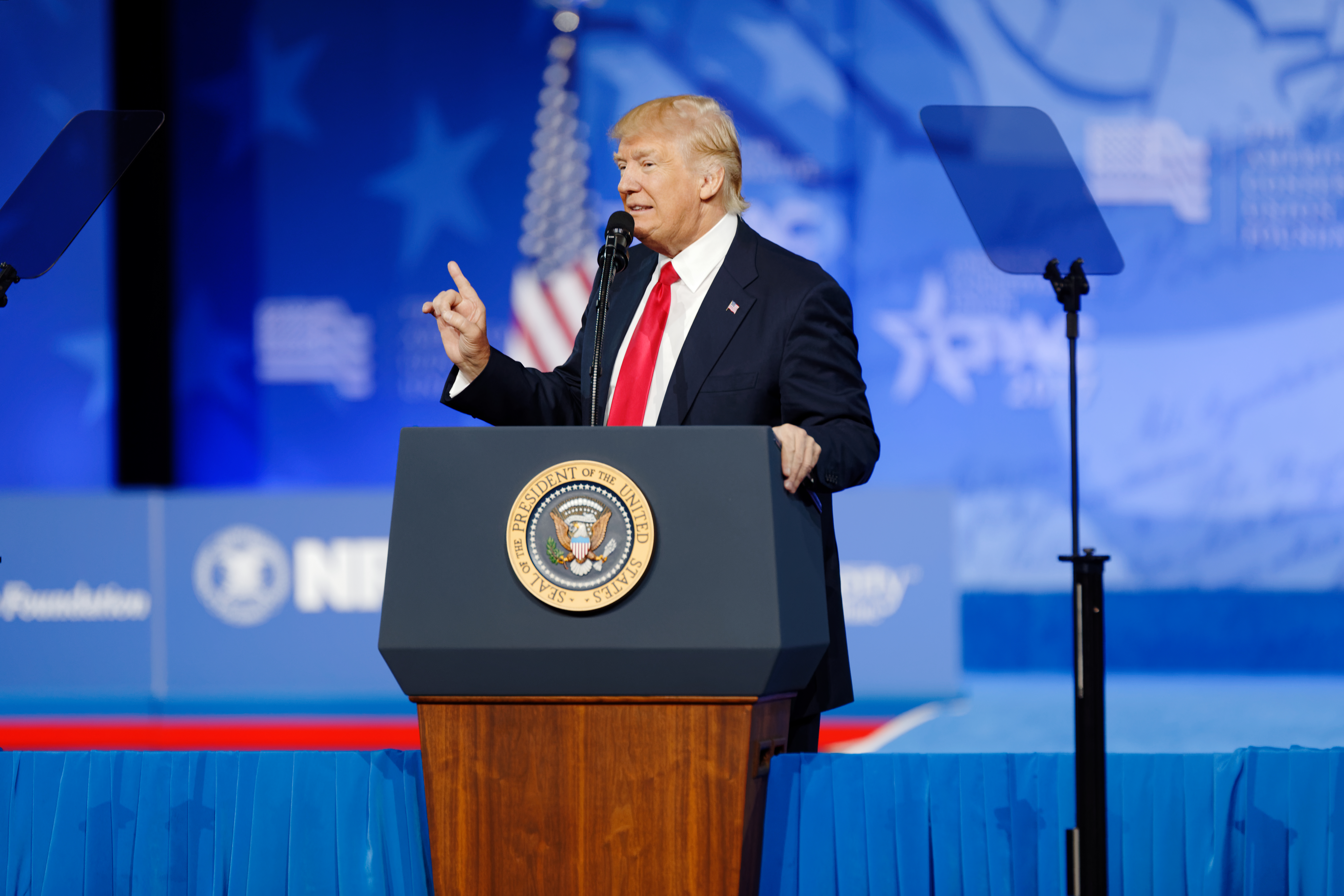US Court Blocks Trump Tariffs: What Auto Logistics Industry Should Know
In a dramatic turn of events that has sent shockwaves through global trade markets, a federal court blocked most of President Trump's sweeping tariffs on May 28, 2025. However, the victory for importers was short-lived as an appeals court quickly paused the ruling, leaving the auto logistics industry in limbo. This analysis breaks down what the court decisions mean for car shipping, import costs, and strategic planning in an uncertain trade environment.
For context on current tariff policies, see our comprehensive guide: Trump's 25% Tariff on Imported Cars: Impact on Auto Shipping.
The Court Ruling: What Was Blocked vs. What Remains
Tariffs Halted by the Court
According to CNN's reporting, the Court of International Trade blocked several key tariff categories:
-
30% tariffs on Chinese goods
-
25% tariffs on certain imports from Mexico and Canada
-
10% universal tariffs on most goods entering the United States
-
"Liberation Day" tariffs introduced on April 2
Critical Exception: Auto Tariffs Remain Intact
Crucially for the automotive industry, CNN noted that "it does not impact the 25% tariffs on automobiles, auto parts, steel, or aluminum, which fall under Section 232 of the Trade Expansion Act, a different legal framework than the one Trump referenced for his broader trade measures."
This means:
-
25% tariff on imported vehicles still applies
-
Auto parts duties remain in effect
-
Classic car exemptions (25+ years) continue unchanged
Legal Basis: Why the Court Ruled Against Trump
Constitutional Authority Issues
The three-judge panel at the US Court of International Trade determined that Trump exceeded his emergency powers. According to Reuters, "The U.S. Constitution grants Congress the sole power to oversee commerce with foreign nations, a power that cannot be overridden by the president's emergency authority."
Emergency Powers Statute Limitations
The court found that the International Emergency Economic Powers Act (IEEPA) "does not empower him to enforce such extensive measures" as broad-based tariffs.
Key Quote: As Container News reported, "Federal law simply does not authorize this," the court declared, emphasizing that their decision wasn't about effectiveness but legality.
Appeals Court Reversal: Tariffs Back in Effect
Immediate Administrative Response
The celebration was brief. CNN reported that "A federal appeals court has paused Wednesday night's ruling from the Court of International Trade that blocked President Donald Trump's tariffs."
Current Status:
-
Tariffs reinstated pending full appeal
-
Legal uncertainty continues for importers
-
Market volatility expected to persist
Administration's Position
White House deputy press secretary Kush Desai stated that "it was not for unelected judges to decide how to properly address a national emergency," signaling continued resistance to judicial intervention.
Impact on Auto Logistics Industry
Section 232 Tariffs Unaffected
The most significant aspect for car shipping companies is that automotive tariffs remain completely unaffected. Supply Chain Dive confirmed that the injunction excludes:
-
Steel and derivative products
-
Aluminum and derivative products
-
Automobiles and auto parts
Classic Cars Continue Exemption Benefits
Pre-2000 vehicles maintain their advantageous status under the 25-year rule, providing stability for classic car importers despite broader trade uncertainty.
Market Uncertainty Creates Planning Challenges
The back-and-forth court decisions have created significant uncertainty for logistics planning. As BBC noted, markets have been "jumping around like a kid on a pogo stick," making long-term shipping contracts and pricing difficult.
Strategic Implications for Importers
1. Automotive Imports Unchanged
-
Modern vehicles still face 25% + 2.5% = 27.5% total tariff
-
Classic cars (25+ years) remain at 2.5% duty only
-
Parts imports continue facing elevated duties
2. Non-Auto Goods May See Relief
If the court ruling ultimately stands, other imported goods could see reduced costs, potentially affecting:
-
Shipping container rates due to increased volume
-
Port congestion as importers rush to capitalize
-
Currency fluctuations affecting international payments
3. Legal Precedent Concerns
Gary Clyde Hufbauer from Peterson Institute for International Economics described the decision as "surprising and spectacular," noting that "in past cases, plaintiffs have failed to challenge the use of authority under emergency laws."
West Coast Shipping's Response to Uncertainty
Flexible Logistics Solutions
During this period of legal uncertainty, our approach focuses on adaptability:
-
Real-time rate adjustments based on court decisions
-
Multiple shipping scenarios prepared for various outcomes
-
Clear communication with clients about changing circumstances
Automotive Focus Advantage
Since auto tariffs remain unaffected by the court ruling, our specialized expertise in vehicle shipping provides stability:
-
Section 232 compliance expertise for ongoing auto duties
-
Classic car specialization leveraging continued 25-year exemptions
-
Documentation mastery for complex tariff classifications
Current Service Offerings
-
Container shipping for multiple vehicles at $3,500-$5,000 per car
-
Classic car logistics utilizing 25-year exemptions
-
Compliance consulting for changing regulatory landscape
Market Reactions and Global Impact
Immediate Market Response
The New York Times reported that "Global stock markets saw an uptick as investors speculated that the ruling from the U.S. Court of International Trade could mitigate the aggressive trade strategies."
International Partners' Cautious Optimism
According to NYT's analysis, "this development was met with a sense of caution rather than celebration from trade analysts and international partners" due to uncertainty about permanence.
Currency and Trade Flow Effects
-
USD strengthened following appeals court reversal
-
Equity futures rose globally on initial ruling
-
Trade volumes fluctuated as importers adjusted strategies
What Comes Next: Scenarios for Auto Logistics
Scenario 1: Court Ruling Stands (Unlikely Given Appeal)
-
Non-auto imports see reduced costs
-
Increased container demand from other sectors
-
Auto industry unchanged due to Section 232 exclusion
Scenario 2: Appeals Court Upholds Tariffs (Current Status)
-
Status quo maintained across all sectors
-
Continued uncertainty until Supreme Court resolution
-
Auto logistics remains stable under existing framework
Scenario 3: Supreme Court Resolution
-
Final clarity on presidential tariff authority
-
Long-term planning becomes possible
-
Market stabilization in either direction
Conclusion
While the court's initial blocking of Trump's tariffs created momentary hope for reduced import costs, the appeals court's quick reversal—combined with the complete exclusion of automotive tariffs from the original ruling—means the auto logistics industry faces continued uncertainty with unchanged fundamentals. The 25% auto tariff remains in effect, classic car exemptions persist, and strategic shipping planning must account for ongoing legal volatility.
Need Guidance During Trade Uncertainty?
Contact West Coast Shipping for adaptive logistics solutions that navigate changing tariff landscapes while protecting your automotive imports.
For more on current tariff strategies, visit Best Muscle Car Import Opportunities Before Tariff Changes.
You May Also Like
These Related Stories

Trump Tariff Supreme Court Case: Refund Potential for Importers

Trump Tariff Delays Ease Auto Markets, Buy Time for Trade Talks

-093789-edited.png?width=220&height=79&name=wcs_final_logo_(1)-093789-edited.png)
